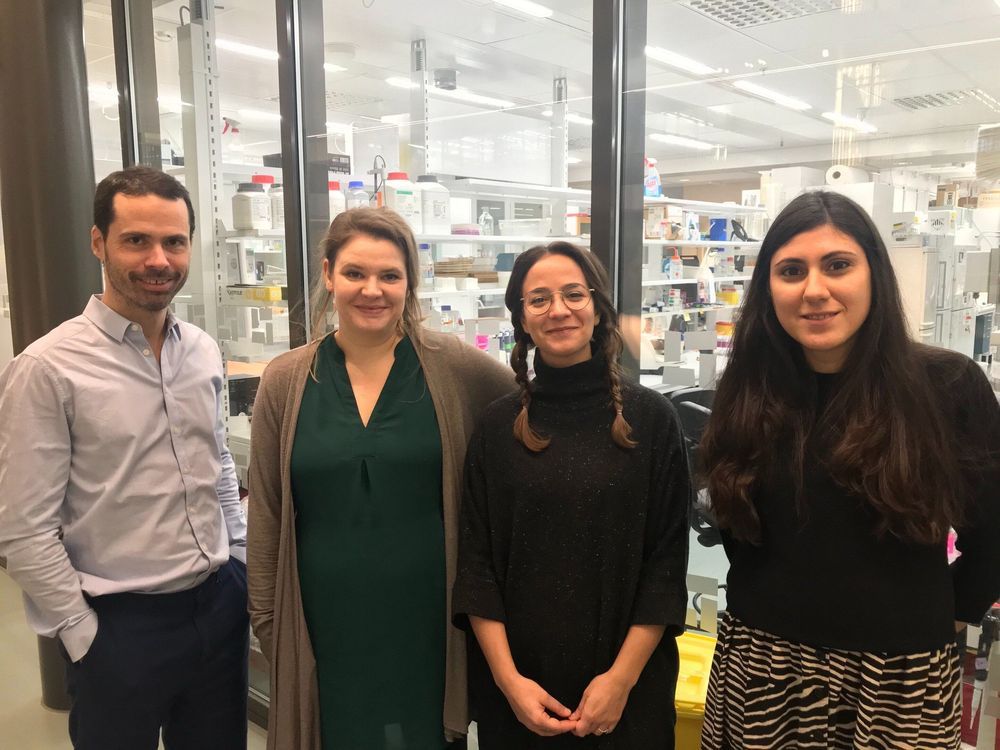Researchers at Karolinska Institutet have come one step closer toward understanding how the part of our brain that is central for decision-making and the development of addiction is organized on a molecular level. In mouse models and with methods used for mapping cell types and brain tissue, the researchers were able to visualize the organization of different opioid-islands in striatum. Their spatiomolecular map, published in the journal Cell Reports, may further our understanding of the brain’s reward-system.
Striatum is the inner part of the brain that among other things regulates rewards, motivation, impulses and motor function. It is considered central to decision-making and the development of various addictions.
In this study, the researchers created a molecular 3D-map of the nerve cells targeted by opioids, such as morphine and heroin, and showed how they are organized in striatum. It is an important step toward understanding how the brain’s network governing motivation and drug addiction is organized. In the study, the researchers described a spatiomolecular code that can be used to divide striatum into different subregions.
